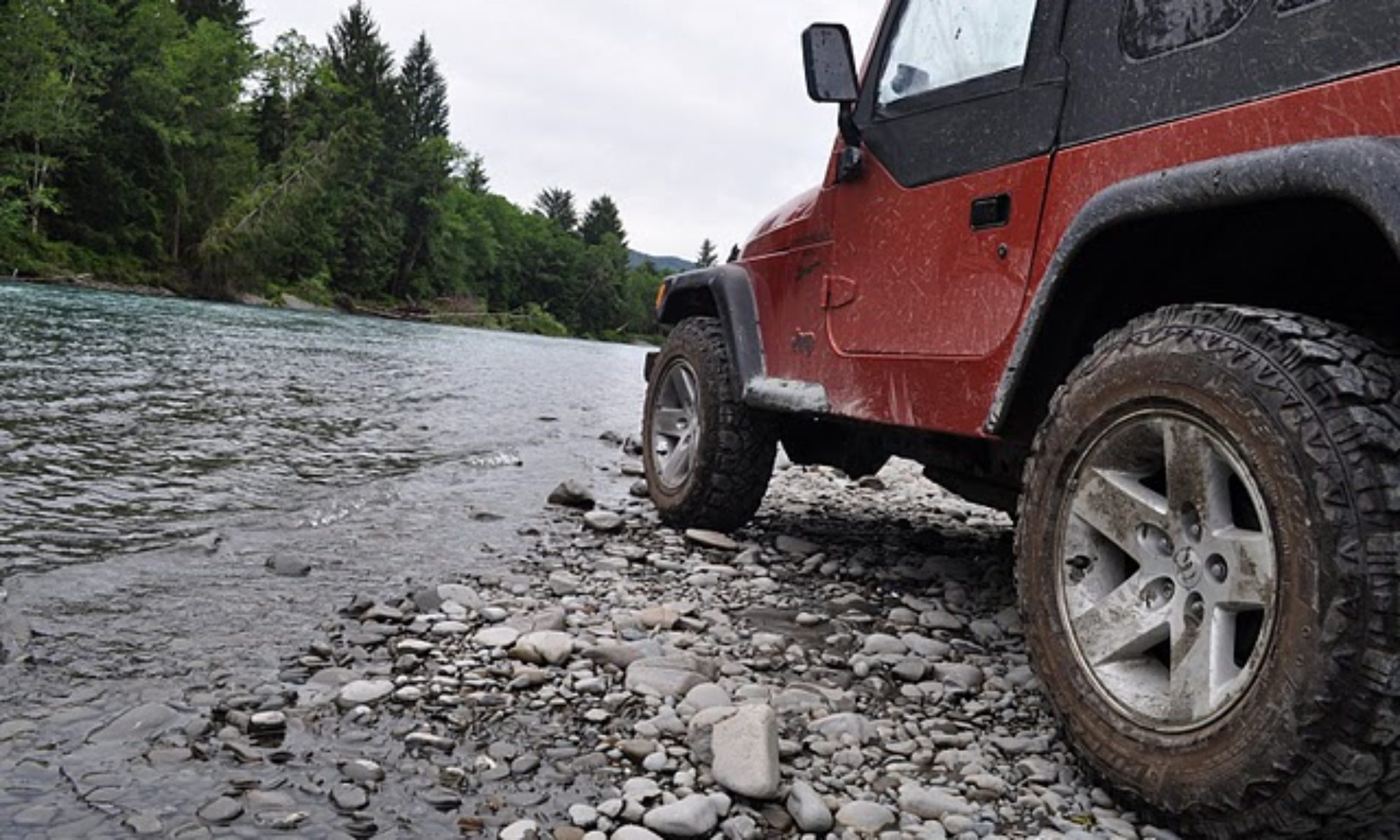“We’re only human”
Such a funny statement. So many of us struggle to attain near-perfection. We want to be the best at what we do, have the greatest impact, and show that we are above the animal that we once were. Being human means we feel the need to try harder than any other creature. Like we have some sort of hierarchical need to take care of everyone, and everything, around us. We view ourselves as superior, the keepers of the planet. So why is it that when we make mistakes we make that claim: “We’re only human”.
The society we have today, the way we view ourselves as the superior animal, isn’t something that you can define. Our ideals of this being is fluid, and we often make mistakes in the past. It is a lack of knowledge, or sometimes simple ignorance, that causes us to make these mistakes. We can often find mistakes we have made in nature, causing a ripple effect that will take a millenia to still in the waters of our environment. Today I experienced two examples of these, and also a prime of example of what makes us humans so superior. It isn’t because of what we are- it is because we are constantly evolving at a rate much faster than any other member of the animal kingdom.
This morning my friend decided to take me to Rising Park in Lancaster, Ohio before I continued my journey westward. The park was the gift of a self-made successful business man, Philip Rising, and his wife when they donated the land to the city in 1908. It contains the sandstone bluffs, known as Mount Pleasant today, but known as Standing Stone by early natives. The park contains a lake, many picnic shelters, and a nice hiking trail that leads to the top of the sandstone bluff, which affords a great view of the entire city and the lands of Ohio beyond.
While hiking there a deer walked out in front of us, barely 20 feet away, clearly unafraid of humans. While this land, prior to the park’s development, had probably been a place of wilderness, today people and animals have meshed together a little too closely. It is unfortunate that animals in such situations become so dangerously used to people at the cost of our development. The park is beautiful and was meant to give us a closer view of nature, but you can never experience nature when you pave the walkways and put down solid stone benches. In changing the landscape for the average person to experience the outdoors you create a world that is a sort of hybrid- a place where deer don’t run and sandstone cliffs are marred from railings.
This isn’t to say that the park isn’t beneficial: It offers a great place for people to get outdoors and enjoy some healthy activities. It is just an example of how humans as a population can change the world so easily. We have made ourselves the architects of the earth, and we have remodeled the world to fit our needs.
One of the prime examples of unintentional human tampering with nature exists in commercial caves. In the early times of cave tourism we did things unthinkable today: We touched, we broke, we threw coins in pools of water. These are the more obvious calamities, something that we quickly realized was detrimental as we watched the cave slowly lose it’s grandeur. Some of the less obvious effect we have on commercial caves: Loss of humidity due to artificial openings, moss and mold growth due to artificial lights, and a raise in the temperature simply by touring the caverns.
Squire Boone Caverns is a prime example of how humanity has evolved, from a time where the cave was slowly being destroyed to a time where the cave is starting to restore itself. We have evolved our role on the earth to a conscious effort to not only halt the impact we have, but reverse it. It is remarkable to see changes take place in an area that takes geologic time to develop.
Located in near Maukport, IN, Squire Boone Caverns is a beautiful cave on land that was once owned by Daniel Boone’s brother, Squire. It was discovered when they were hiding from indians in the late 1700’s, and Squire Boone still rests within the caverns after his death in 1815. The property also contains a grist mill and many shops selling handmade products such as soaps, baked goods and candles.
Squire Boone caverns is blessed with a caver as a maintenance man, and he has prided himself in the last 8 years with restoring the cave to it’s original glory. He has installed humidity lock doors, has rewired all the lighting so that it is turned off after each tour goes through, and makes a concentrated effort to remove all moss and other bacteria that have been introduced into the cave as a result of careless tourism.
Although we should, as humans, feel the need to care and restore all natural gems of the underworld, Squire Boone Caverns contains a particularly beautiful cave deposit that is well worth our attention in protecting. It contains the largest, still growing rimstone dam in the country. The speleothem deveopment is fairly advanced, and many of them that show past stress from loss of humidity (and thus loss of deposition) are showing a renewed water flow that should, over hundereds of years, begin the cave’s sculpture building again.
Humanity is an idea that has constantly been evolving. We once viewed ourselves as the owners of the Earth, and it was our job to conquer and dominate everything it had to offer. Luckily, the gift of being human is also to acknowledge mistakes. Many of us are beginning to realize our skills are better used to be caretakers of the Earth, here to reduce the impact that other, less educated members of our society provide.
We have all made mistakes, but the part that makes us who we are is the fact that we can recognize those and correct them in the future. We may have almost destroyed some things, and fully destroyed others, but we can fix that. After all, “We’re only human”.

